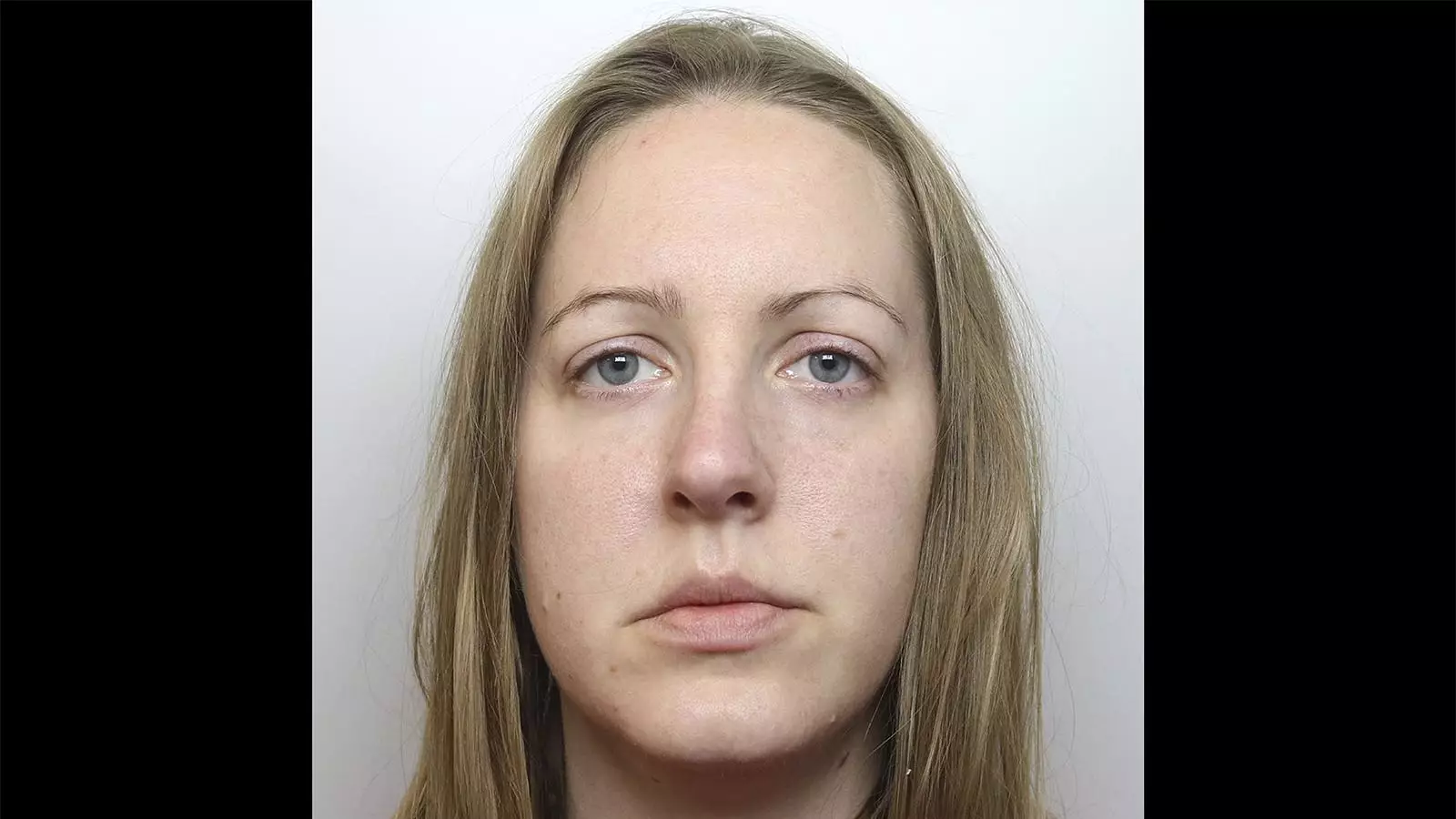The ongoing legal battle surrounding Lucy Letby, a former neonatal nurse convicted of multiple murders, has caught the public’s attention. With her convictions under scrutiny, her legal team is poised to present new arguments that might alter the course of her case. The latest developments center on a critical shift in the testimony from an expert witness that has significant implications for the integrity of the prosecution’s case.
Dr. Dewi Evans, who previously served as the prosecution’s leading expert, has re-evaluated his stance regarding the causes of death for three infants linked to Letby’s alleged crimes. This reversal raises dire questions about the reliability of his testimony and its weight in the initial convictions. Mark McDonald, Letby’s attorney, announced plans to petition an appeals court to reconsider her case based on Evans’ shifting opinions. McDonald contends that if the prosecution’s key expert is deemed unreliable, it undermines the entire foundation of the case against Letby.
“In the eyes of the defense, Dr. Evans’ change in opinion not only calls into question his credibility but also suggests a broader systemic flaw in how this investigation was conducted,” said McDonald. The crux of this argument lies in the assertion that the prosecution’s medical evidence was not just flawed but fundamentally unreliable, leading to convictions that could be deemed unsafe.
Lucy Letby was sentenced to multiple life terms after being found guilty of murdering seven infants and attempting to murder seven others while working at the Countess of Chester Hospital between June 2015 and June 2016. During the trial, she was portrayed as a “malevolent presence” whose actions led to mysterious and tragic outcomes in a vulnerable neonatal unit. Prosecutors indicated that she employed methods that left little forensic evidence, which complicated the investigation.
Letby’s defense claims, stemming from her adamant assertions of innocence, face daunting challenges. Despite her reiterated denial of any wrongdoing, the weight of the testimonies from various experts during the trial painted a damning image, solidifying the juries’ conclusions. Yet the attorney’s current assertions bring to light critical questions regarding the source and reliability of those testimonials.
The legal precedence in cases such as Letby’s raises fascinating points about expert testimony. Sean Caulfield, an experienced defense attorney not involved in Letby’s case, remarked on the rarity of an expert altering their testimony post-verdict. “It is vanishingly rare for a lead expert witness in a criminal case to ‘change his mind’ on key evidence,” he noted. This is essential, as such testimony once considered conclusive may now face rigorous reexamination.
The concept of reopening a previously resolved case based on an expert’s changed testimony is unprecedented. A successful appeal will not simply hinge on the fact that an expert has changed their mind; it will require substantial and compelling new evidence that significantly alters the original understanding of the case.
As discussions of Letby’s convictions unfold, a broader inquiry into the hospital’s practices during the timeframe in question is also taking place. Critics point to failures in response mechanisms that could have prevented further tragedies in the neonatal unit. This reflective inquiry dovetails with growing scrutiny regarding the integrity and application of expert medical opinions within judicial processes, particularly in sensitive contexts like healthcare.
Groups of medical professionals and legal experts are investigating systemic shortcomings in the methodologies that led to Letby’s conviction. They have alerted agencies regarding the susceptibility of legal systems to errors in complex medical cases, especially ones laden with statistical anomalies prevalent in healthcare settings.
As the legal proceedings continue to evolve, the landscape surrounding Lucy Letby’s case remains precarious. The possibility of reopening her appeal based on new expert testimony signals significant implications for both Letby and the integrity of medical expert witnesses in criminal cases. Moving forward, it will be imperative for legal authorities to navigate the complexities of such cases with caution, ensuring that justice is both served and seen to be served. The murky intersections of medical expertise and legal standards will increasingly demand transparency and rigorous examination to safeguard against miscarriages of justice in high-stakes scenarios like this one.

